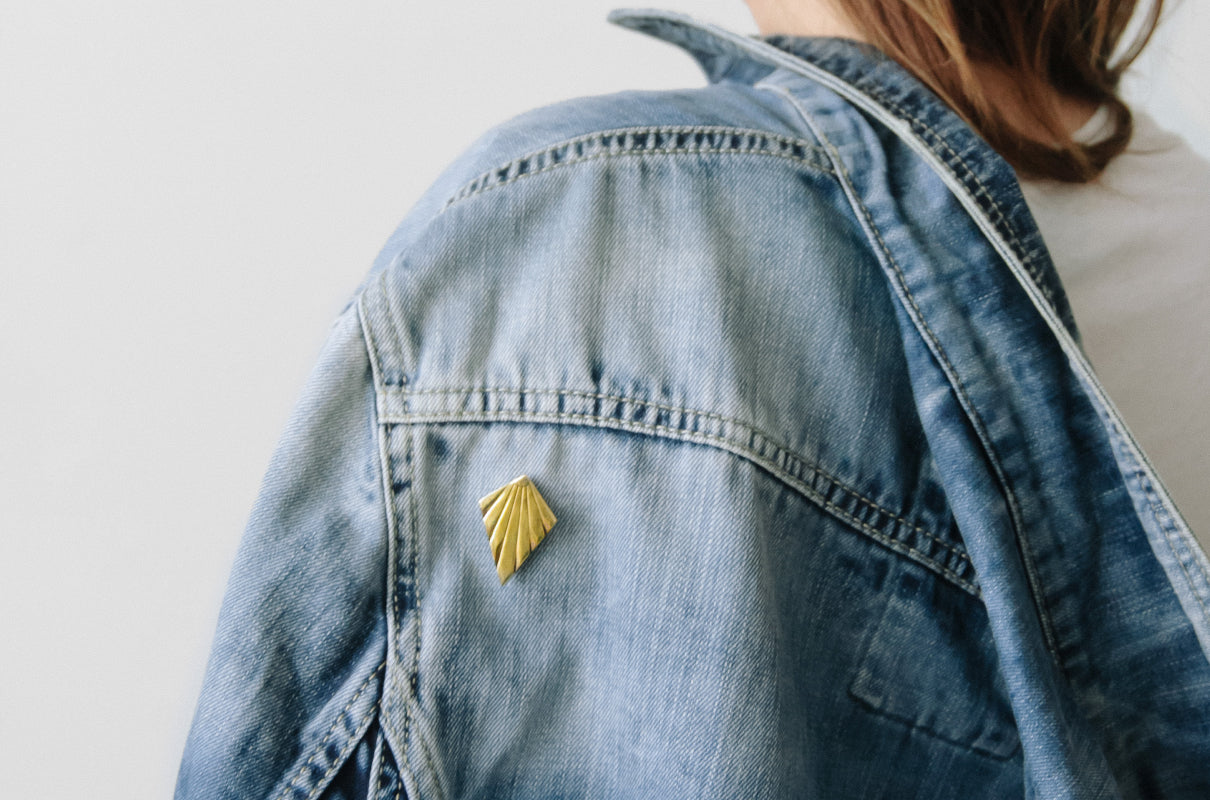Of Hope and Happiness During A Global Pandemic
By: Samira Ahmed

Truth is stranger than fiction. Never has that adage rung truer than in 2020. As the cold winds drive us deeper into hibernation and the festive lights twinkle with the sweetness of that old life, the true length of this era-defining pandemic hits home. What started off as two weeks of quarantine stretched into months of lockdown, morphing into a ‘new normal’ that would have been unimaginable back in January. Our seasonal shifts were marked by mask-wearing in spring, socially distant picnics in summer and back-to-zoom-school in autumn. But a Covid Christmas? No one thought it would come to that. Yet here we are, hunkering down for Lockdown: Season Two.
2020 has felt dystopian at the best of times. Even when spared from the worst of Covid-19, the claustrophobic world of social distancing, economic recession, populism, climate crisis and rampant racism has been overwhelming, to say the least. In times like this, it can be difficult – and some days, almost impossible – to view life though rose-tinted glasses. Any scrap of hope or happiness we manage to muster gets blown away by another gust of bad news. With so much uncertainty over the future, the last thing we feel is in control. It’s like sitting in the driver’s seat but not having the means to steer.
The tell-tale signs of our new normal – masks, sanitisers, one-way systems, social distancing markers – may look the same across the globe. But dealing with this crisis has been a uniquely personal journey. Traversing the same rough seas in a yacht isn’t quite the same as doing it in a dinghy. Quarantining in a big house as a family isn’t the same as doing it alone in a studio flat. Our coping mechanisms in response to Covid have been as varied as our circumstances.
My main strategy has been to practice gratitude on the daily. Sometimes obsessively, like it’s my raft in the rough seas. It’s an old friend of mine whose presence predates the pandemic.
I was born and raised in Dhaka, Bangladesh. As a middle child in a middle-class family in a densely populated capital, I grew up adapting to daily disruptions to life that are unthinkable in London, where I am currently raising my son. Power cuts happened daily without fail, for a minimum of an hour or more, sometimes multiple times a day. I have countless memories of sharing family meals or doing homework in flickering candlelight, sweaty and clammy from the tropical heat. The rattling of ceiling fans whirring back into motion as the electricity returned was one of the happiest sounds of my childhood.
The geography of Bangladesh, and its position on a low lying river delta, invites a plethora of natural disasters like tropical cyclones, floods and riverbank erosion. This causes immense suffering to the coastal inhabitants, the ripple effects spreading out as far as the centrally located capital city. Monsoon seasons flood the overcrowded streets, making rivers out of drain water that linger for hours, sometimes days. Sloshing through knee-high sludgy water on our way back from school was an annual summer ritual (we tried hard not to think of its contents). And our political climate is just as stormy as the natural one. Political parties love imposing hartals, strikes that impose restrictions not very unlike lockdown (don’t commute, don’t step out of the house), culminating in riots and innocent deaths.
Bangladeshis have been fighting the harrowing ‘Lives vs Livelihood’ battle long before 2020 arrived. Sparring with natural disasters and enduring economic disruptions with little or no government aid is second nature to us. The true extent of our grit dawned on me after moving to UK. At a time when our health and livelihood are both under threat, free medical care from the National Health Service (NHS) and salary top-ups from the government’s furlough scheme go a long way in cushioning the worst blows of Covid-19. These are just two examples of life-altering support that I have in the UK that millions of Bangladeshis simply do not have access to. There is a lot to be grateful for when you know of a life devoid of them.
Gratitude helps, but it’s not a failproof formula for surviving a global pandemic. I have felt despair and hopelessness in their extremities this year. My pre-Covid coping tools relied on the short-term nature of my problems, which Covid-19 is not. It also relied on the world outside being stable while I worked on internally stabilising myself, which it hasn’t been (far from it). I realised I had to stop craning my neck for a glimpse of a post-pandemic future and just learn to adapt to here and now. Here and now is the only thing guaranteed to me.
So much about the pandemic has been about learning and adapting. Amidst all the chaos, we have carved out new sources of creativity, therapy, and joy (obsessive banana bread making comes to mind!). The concept of happiness has also gone through a major refresh. It’s funny how we realise the true value of things when they get taken away from us. Loo rolls, pasta, eggs – flour! Never have we derived so much joy from what used to be an ordinary list of pantry items. Or genuinely appreciated the therapeutic effects of nature, cherished the coolness of the wind caressing our zoom fatigued faces. Covid has honed our ability to see the greatness in small things that we so often took for granted.
As London enters a second lockdown, the news is flush with advice from experts on ways to stay sane. And it all seems to boil down to one clear tactic: controlling the controllable. Focusing on what we can control instead of obsessing over what we cannot (MOST things right now) dramatically reduces feelings of overwhelm. The environment is in crisis? Let’s reduce our fast fashion consumption. Feeling claustrophobic at home? Let’s go for a walk in the crisp autumn air. Feeling lethargic? Let’s roll out the gym mat. Focusing on the basics – our health, our relationships, our hobbies – can help us muster the mental strength required to push through the unprecedented months ahead.
I know many of you reading this are struggling to see the light at the end of the tunnel. Especially those who have experienced loss – perhaps your job, or a loved one, or both. At the time of writing this post, I lost a friend whose death has shaken me in ways even the sustained stress of the pandemic failed to do. She had just begun her thirties, and left so suddenly and incomprehensibly, that even though we weren’t more than acquaintances, her demise has left me fumbling over the suddenness of death. The brevity of life is at once petrifying and humbling. We take life for granted when really, death is the only thing guaranteed to happen. Which makes being alive the luckiest thing to be right now. Even when locked down at home for months on end.
In a pre-pandemic life, this would be 'the most wonderful time of the year'. In 2020, it may just be the most challenging time of an already challenging nine months. As the crises deepens with no signs of waning, we must hold on to hope now more than ever. Believe in it with every fibre of our being. Wholeheartedly, stupidly, stubbornly – angrily. Because the alternative would mean there is nothing worth living for. And that is never true. Hope is always worth having. We can get through anything if we have hope. It is the flickering candlelight that will sustain us through the dark times till the lights come back on. Because sooner or lighter, they always do.
Samira Ahmed is a Bangladeshi blogger and Air Traffic Control Engineer based in London, UK. She is a storyteller at heart who loves nattering about all things millennial, books, immigrant life and working motherhood on her Instagram account @the.millennial.ma.

